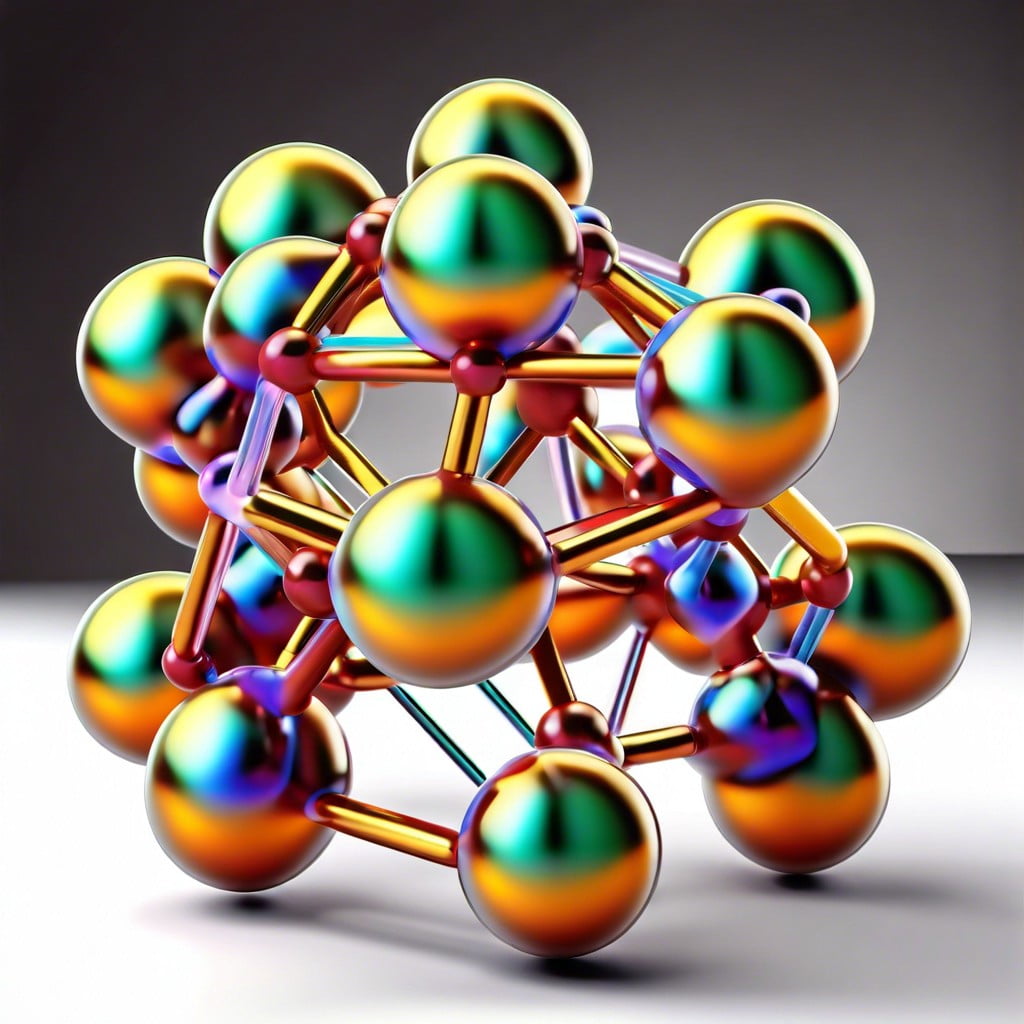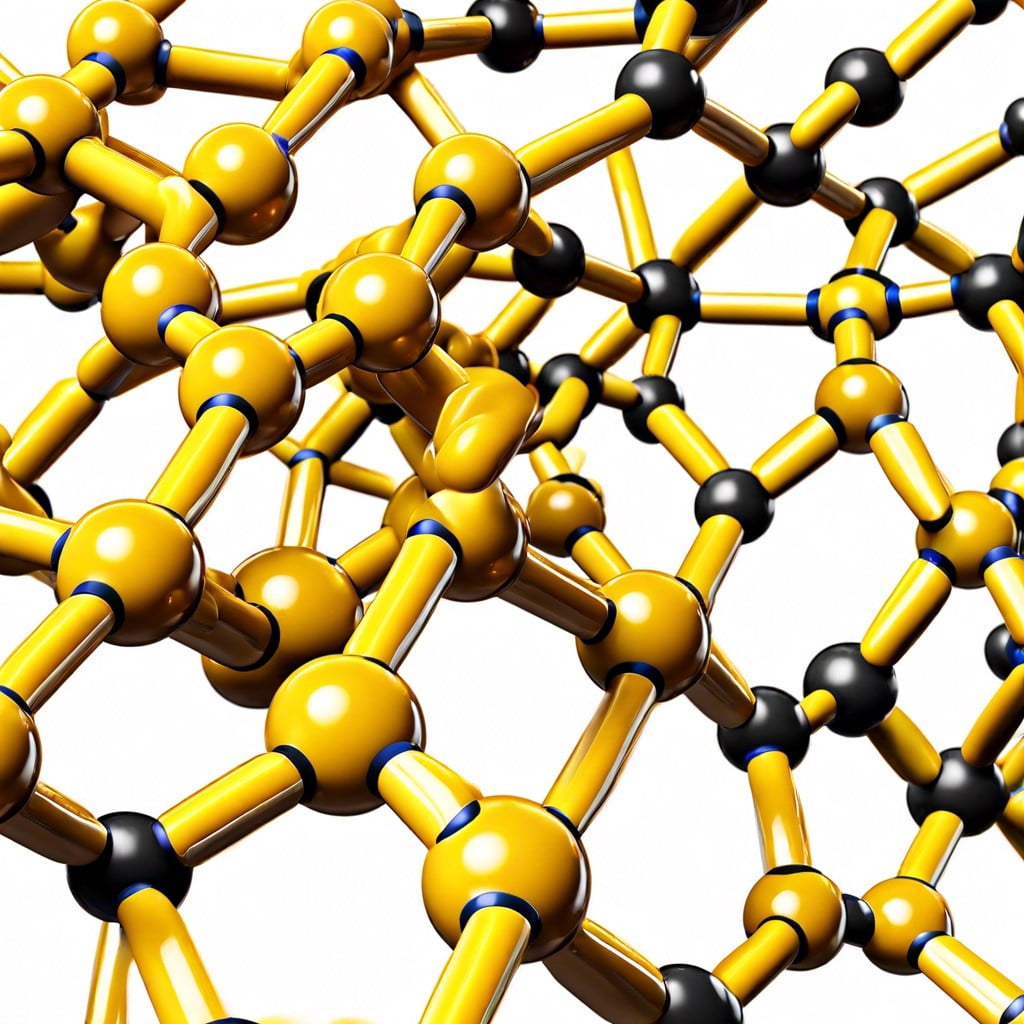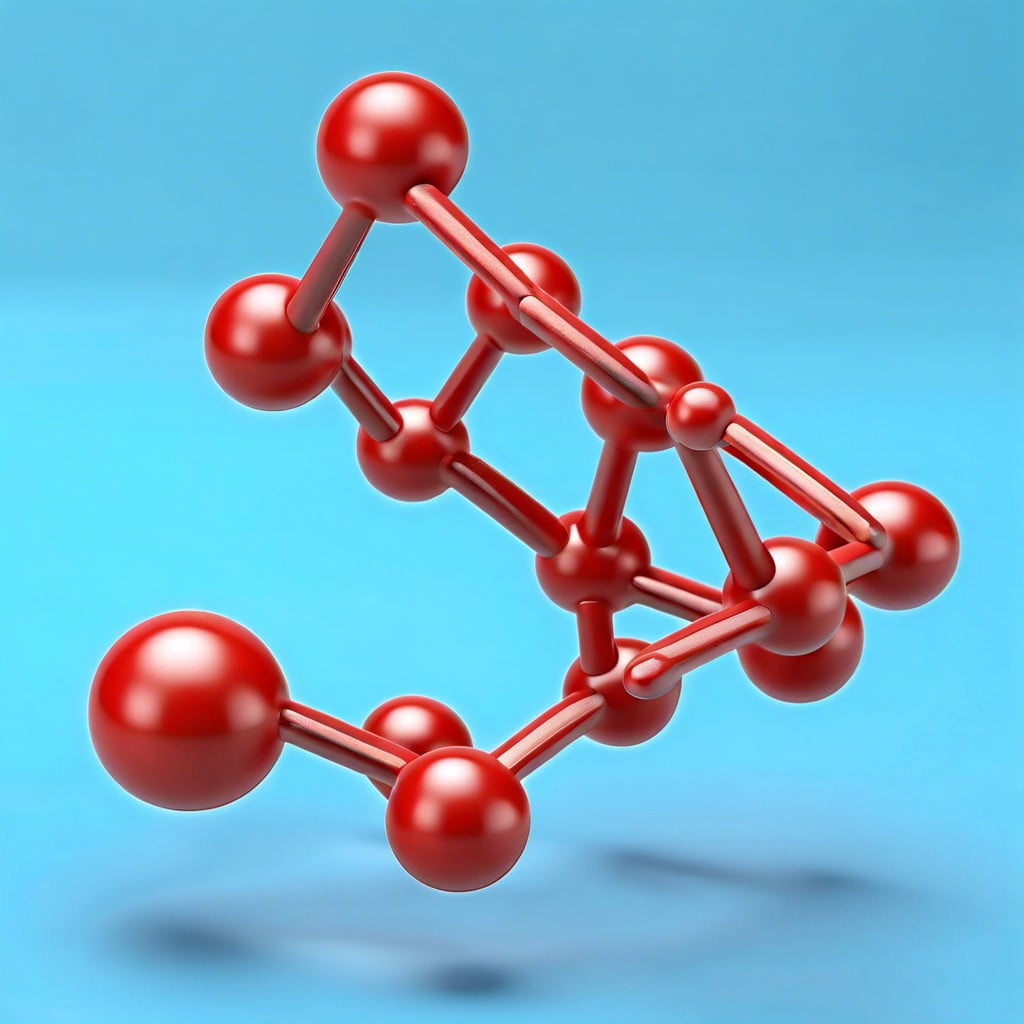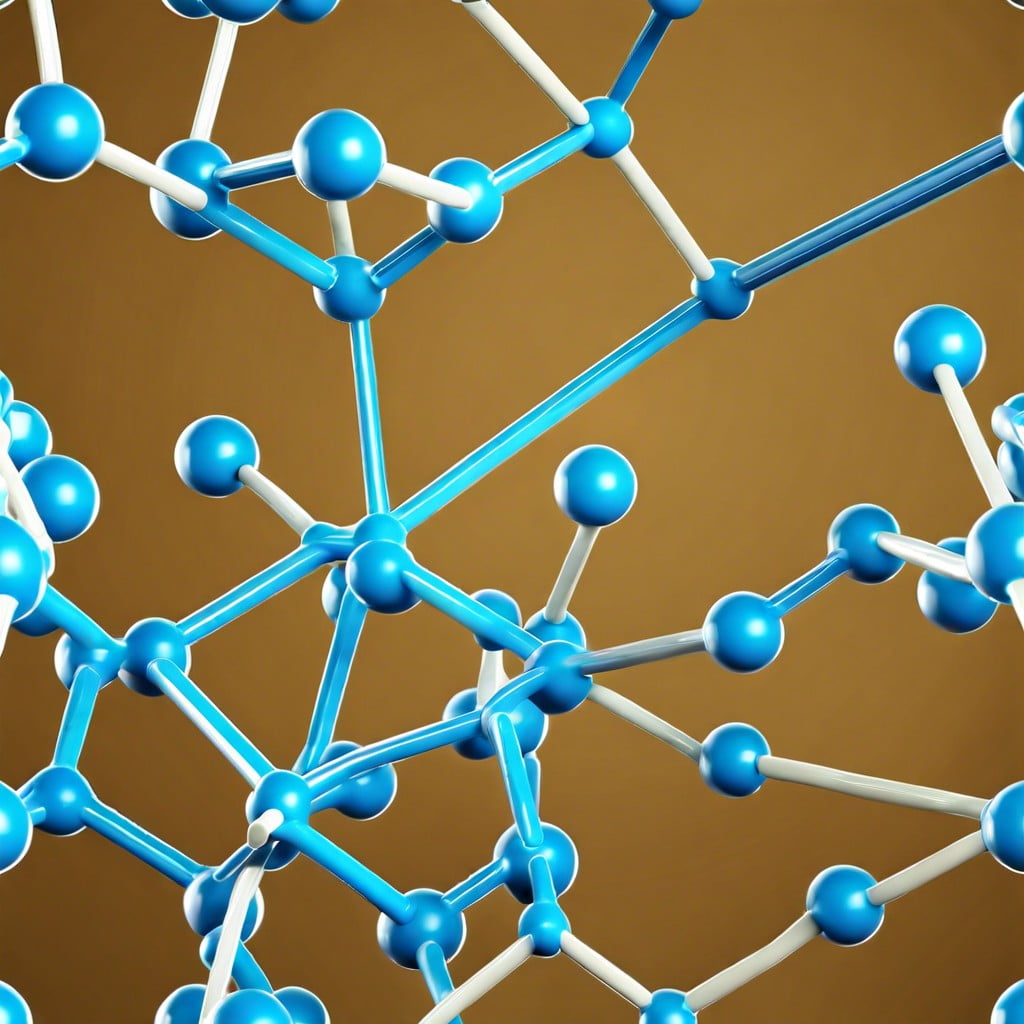This article provides an understanding of PPS polymer’s characteristics and its uses in the construction industry.
Key takeaways:
- PPS polymer is a high-performance thermoplastic known for its robustness and exceptional resistance to heat.
- PPS has excellent chemical resistance, making it suitable for harsh environments.
- PPS is an excellent insulator with stable electrical properties, making it ideal for electronic applications.
- PPS can be reinforced with fillers to enhance its mechanical properties and thermal stability.
- PPS is used in a wide range of industries, including automotive, aerospace, electronics, and chemical processing.
What You Will Learn
What Is Polyphenylene Sulfide (PPS)?
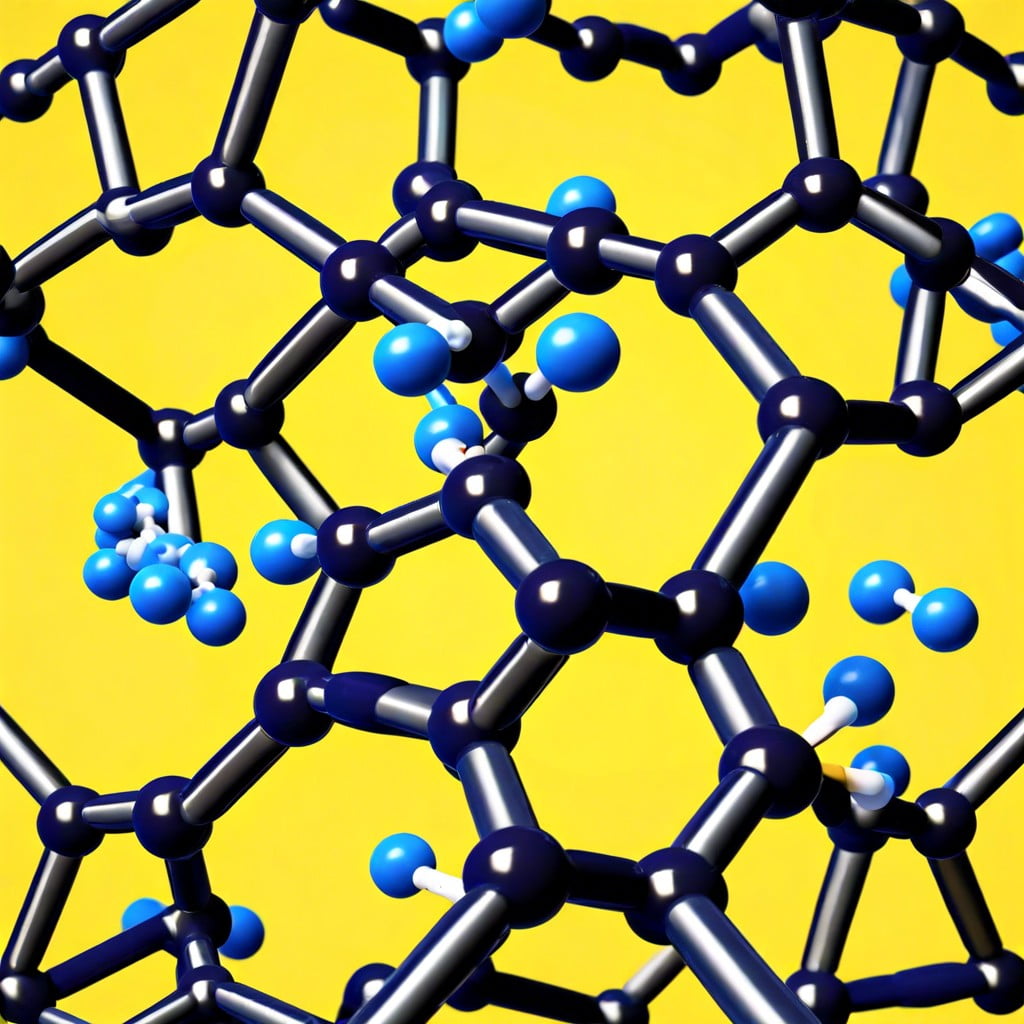
Polyphenylene sulfide is a high-performance thermoplastic notable for its robustness. The material boasts exceptional resistance to heat, up to 200 degrees Celsius in continuous use, which can be further enhanced with reinforcement. Its inherent flame retardancy, coupled with low smoke production, makes it a safe choice for various applications.
This polymer also excels in chemical resistance, standing firm against solvents, fuels, acids, and alkalis. This attribute, alongside its dimensional stability, means products made with PPS can maintain their integrity in harsh environments.
Moreover, its electrical properties are impressive; PPS is an excellent insulator, which remains stable over a substantial range of temperatures and frequencies. This is particularly advantageous in electronic and electrical applications.
The combination of durability, chemical resistance, and stable electrical properties positions this polymer as a material of choice for demanding applications in many industrial sectors.
Characteristics of PPS
Polyphenylene sulfide is renowned for its outstanding thermal stability. It can perform over a wide temperature range without losing its shape or properties, making it suitable for high-heat applications. It boasts a high melting point, typically around 280°C (536°F), which contributes to its exceptional flame retardance and ability to self-extinguish.
This polymer also provides excellent resistance to chemicals, such as acids, alkalis, and organic solvents. This characteristic ensures that PPS maintains its integrity when exposed to corrosive substances, which is crucial in many industrial environments where chemical exposure is common.
Its inherent stiffness and mechanical strength mean that PPS can endure physical stresses over time, which is important in load-bearing applications. Moreover, it has low moisture absorption, which aids in maintaining its mechanical properties in humid conditions.
In electrical applications, PPS’s low electrical conductivity and stable dielectric constant over a range of frequencies make it a suitable choice for connectors and other components in electronics.
Given these qualities, PPS is often reinforced with fillers like glass fibers or minerals to further enhance its mechanical properties and thermal stability. These fillers increase the material’s strength and resistance to thermal expansion, thus widening its application scope in various industries.
Processing Conditions for PPS
To achieve optimal results when processing PPS, it’s essential to observe specific conditions due to its high-performance nature. The material often requires a high processing temperature, typically ranging between 300°C and 340°C (572°F to 644°F). Ensuring the temperature is adequately high prevents premature solidification during molding, which could lead to defects in the final product.
Melt temperature control is equally crucial; it should be closely monitored to maintain the integrity of the material. An inconsistent melt temperature can result in poor flow and affect the mechanical properties of the finished part.
Mold temperature also plays a vital role and is usually set between 120°C and 150°C (248°F to 302°F) to facilitate proper filling and reduce thermal stresses that could lead to warping or shrinkage.
Moisture content must be minimized before processing, as PPS is sensitive to hydrolysis. This is typically done by pre-drying the polymer to a moisture level of less than 0.02% to safeguard the material’s properties and surface finish.
Injection speed and pressure need careful consideration to produce parts with optimal structural integrity. Slow injection speeds can lead to incomplete filling, whereas too fast speeds may cause shearing and degrade the polymer.
Post-processing conditions, such as annealing, may be necessary to relieve internal stresses and enhance crystallinity, which ultimately improves the mechanical properties of PPS components.
Applications of PPS
Polyphenylene sulfide’s exceptional properties make it a prime candidate for a variety of demanding applications. Its high thermal stability allows for continuous use at temperatures up to 200°C (392°F), and its inherent flame resistance makes it an ideal material for electrical and electronic components. These components include connectors, coil formers, and insulating parts subjected to high temperatures during soldering.
In the automotive industry, PPS is used to produce under-hood components such as fuel system parts, pumps, and ignition system components that must endure harsh operating conditions. Due to its excellent chemical resistance, PPS is also a material of choice for manufacturing parts in chemical processing industries, such as valves, fittings, and filter housings that come into contact with aggressive substances.
PPS fibers are applauded for their resistance to chemical and thermal degradation, hence their use in high-performance filter fabrics for hot gas filtration and in the textile industry where high durability is required.
Additionally, in the aerospace sector, PPS serves as a structural material for various interior components because of its light weight combined with high strength and flame retardancy. This combination ensures the necessary performance while aiding in fuel efficiency.
Lastly, its low moisture absorption and stable electrical properties make PPS especially useful for creating precision parts in humid or wet environments without the risk of dimensional changes or loss in performance.
Market Applications for PPS
Polyphenylene sulfide’s inherent qualities make it a prime candidate for use in various demanding market segments. Its high-temperature resistance is particularly valued in the automotive industry, where PPS is often used for under-the-hood components such as cooling and fuel system parts. The material withstands the harsh conditions of engine spaces, demonstrating durability and maintaining performance over time.
Electronics is another sector where PPS sees substantial use due to its excellent insulating properties and flame retardance. It’s found in connectors, coil formers, and other components where electric insulation is crucial. This prevents short circuits and contributes to the longevity of electronic devices.
In the realm of industrial applications, PPS serves as a key material for parts in pumps, valves, and fittings. Here, chemical resistance is paramount, as the polymer must endure exposure to solvents, acids, and bases without degrading. Its dimensional stability ensures these parts continue to function correctly even after prolonged use.
Another important application of PPS is in the aerospace industry. The polymer is used in components that must operate reliably while exposed to a wide range of temperatures. These uses include non-structural parts like ductwork and certain interior elements which benefit from PPS’s flame retardance and low smoke emission.
Lastly, the household appliance sector utilizes PPS for its ability to endure high temperatures and resist chemicals. It is found in parts that are in contact with hot water or that are subject to heating and cooling cycles, such as in washing machines and microwaves, ensuring safety and extending the appliances’ service life.
Related reading:
